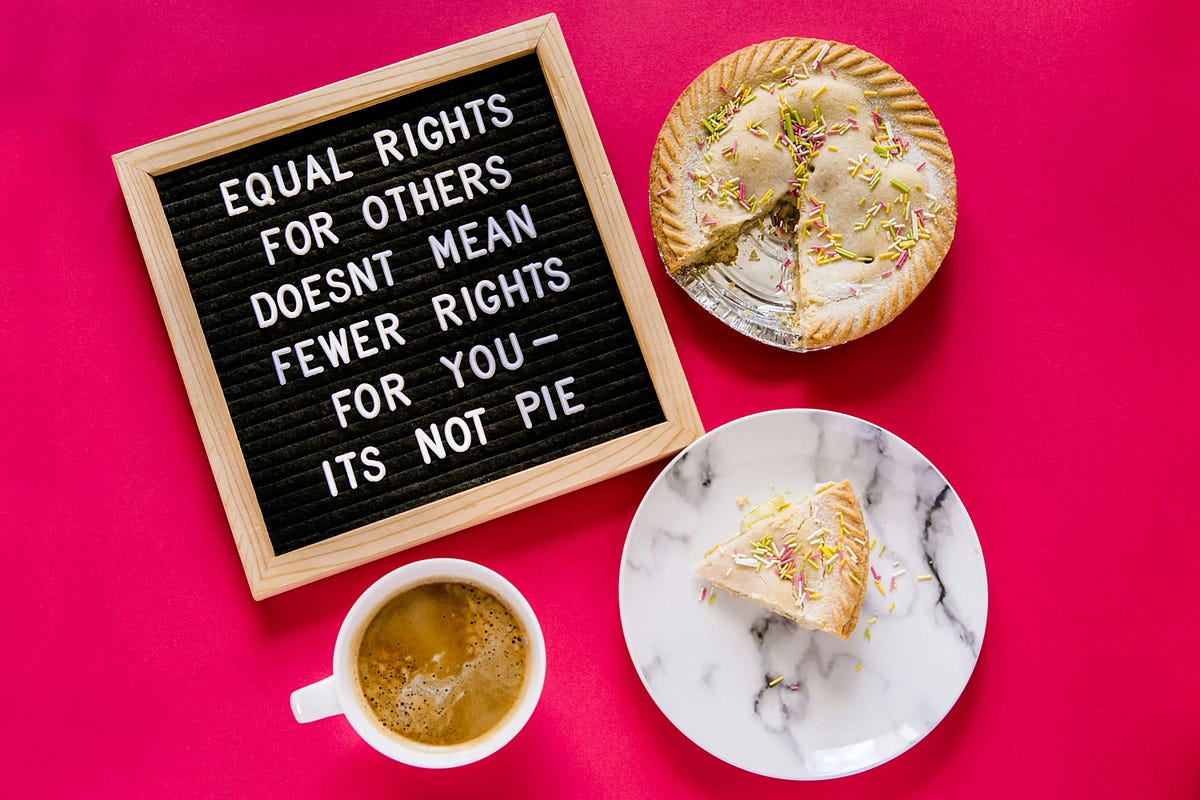The Harsh Reality of International Women’s Day
Core Concepts
The author argues that International Women's Day has become a superficial and insincere display of support for women, overshadowing the ongoing gender inequality and human rights violations faced by women worldwide.
Abstract
International Women's Day is criticized for being a mere facade of progress, with companies and governments using it as an opportunity for empty gestures rather than meaningful change. The article highlights the disparity between the celebratory messages on March 8th and the harsh realities of gender inequality, discrimination, and lack of basic freedoms experienced by women globally. It emphasizes the need for genuine commitment to uplifting women beyond token gestures.
Lies and Lip Service: International Women’s Day’s Betrayal of Women
Stats
Millions of women face staggering inequality, discrimination, and human rights violations daily.
Fundamental freedoms like education, workforce entry, body autonomy, and leaving home without a male guardian are unattainable privileges for many women.
Companies engage in 'pinkwashing' by promoting shallow visions of professional equality while ignoring oppression in their supply chains.
Quotes
"Behind the flowery rhetoric lies a harsh reality — women around the world still face staggering inequality."
"Corporations shamelessly use the day as a way to ‘pinkwash’ their brands."
"Governments pay lip service to gender equality on March 8th while actively suppressing women’s rights."
Key Insights Distilled From
by at code.likeagirl.io 03-08-2024
https://code.likeagirl.io/lies-and-lip-service-international-womens-day-s-betrayal-of-women-fce7b678e07f
Deeper Inquiries
How can society move beyond performative gestures towards real progress in gender equality?
To move beyond performative gestures and achieve real progress in gender equality, society must prioritize tangible actions over symbolic displays. This includes implementing policies that promote equal pay, representation, and opportunities for women in all sectors. Education plays a crucial role as well; teaching about gender equality from an early age can help break down harmful stereotypes and biases. Additionally, creating safe spaces for women to speak out against discrimination and harassment is essential. It's important to hold institutions accountable for their actions through transparency and accountability measures.
What are some effective ways to hold corporations accountable for their actions regarding gender equality?
One effective way to hold corporations accountable for their actions regarding gender equality is through public scrutiny and advocacy. Consumers have the power to influence corporate behavior by supporting companies that prioritize diversity and inclusion while boycotting those that perpetuate inequality. Engaging with shareholders to demand transparency on issues like pay equity, promotion rates, and workplace culture can also drive change from within organizations. Furthermore, legislation mandating reporting on gender diversity metrics can provide visibility into corporate practices.
How can individuals contribute to meaningful change beyond symbolic celebrations like International Women's Day?
Individuals can contribute to meaningful change by actively advocating for policies that advance gender equality at local, national, and international levels. This includes supporting grassroots movements focused on women's rights issues such as reproductive health access or workplace discrimination. Volunteering time or resources with organizations dedicated to empowering women economically or socially can make a significant impact on individual lives. Educating oneself about intersectional feminism and amplifying marginalized voices is crucial in creating lasting change beyond tokenistic gestures like International Women's Day celebrations.
0
